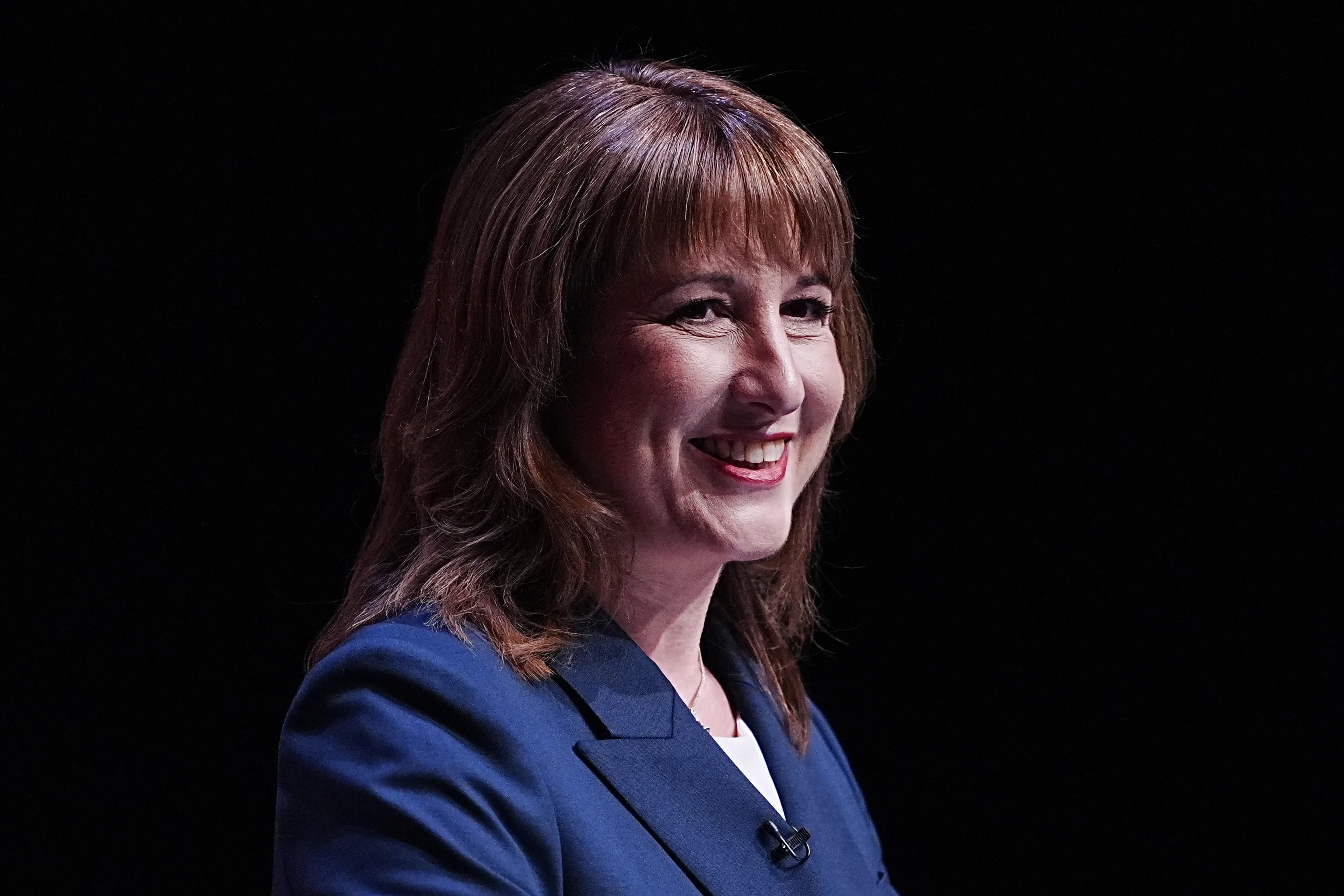A new IPPR report reveals that one-third of UK workers have taken sick leave after work-related drinking, highlighting a direct link between office drinking culture and the nation's productivity crisis.

October 7, 2025

Source:
Fox News
Sickness and Absenteeism Linked to Drinking
A new report from the Institute for Public Policy Research (IPPR) has exposed a significant link between the UK's workplace drinking culture and its ongoing productivity struggles. The survey found that one in three (32%) workers have called in sick in the past year after drinking at work events or with colleagues.
This issue is particularly pronounced among younger employees, challenging the notion of a universal office drinking culture.
Generational Divide in Post-Drink Absenteeism
The data reveals a stark contrast across age groups, with younger workers far more likely to miss work due to hangovers.
Ages 25–34: 47% have called in sick.
Ages 18–24: 41% have called in sick.
Even in critical sectors such as education and health, around a quarter of staff admitted to taking sick leave for this reason. A further fifth arrived late the following day, disrupting essential services.
Keep up with the story. Subscribe to the PR+ free daily newsletter

Source:
Ham & High
Cultural Pressure and Workplace Exclusion
The IPPR's findings suggest that traditional workplace social norms are clashing with the habits of a new generation. Despite a well-documented trend of Gen Z drinking less alcohol, many young workers feel compelled to participate.
Pressure on Younger Employees
Over a third of Gen Z workers reported feeling pressured to drink at work functions. This pressure to conform can create an uncomfortable and exclusionary environment, undermining efforts to build an inclusive company culture.
Furthermore, 28% of all workers believe that drinking at work events fosters cliques and deliberately excludes colleagues who do not drink, for cultural, religious, or personal reasons.
Read More

Source:
Yahoo News UK
Share this news:




















